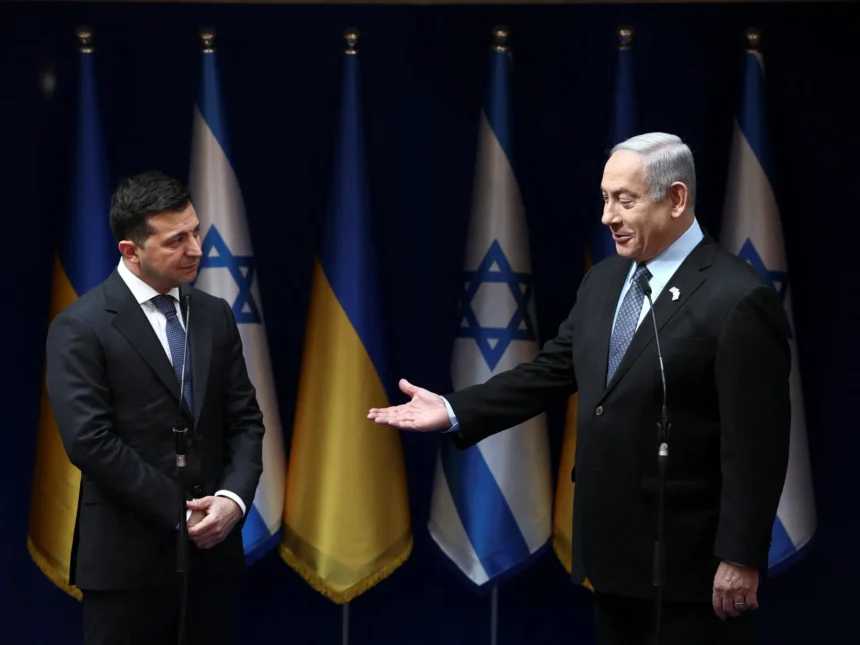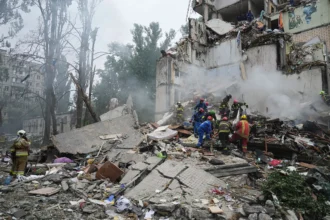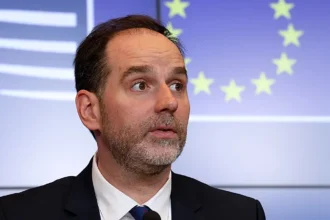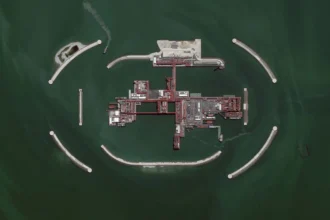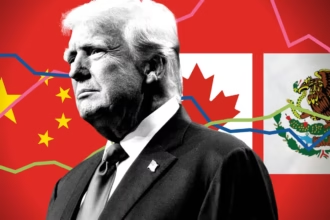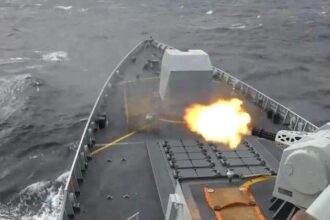As global alliances shift and conflicts intersect, a new geopolitical question has emerged among analysts: Has Israel been using Ukraine, directly or indirectly, as a strategic tool to apply pressure on Russia?
While there is no direct evidence of Israel actively provoking Russia through Ukraine, the complex relationship between the three nations presents layers of indirect influence, diplomacy, and strategic positioning that warrant closer examination.
Israel’s Cautious Position on the Ukraine War
Since the beginning of the Russia-Ukraine war in 2022, Israel has maintained a relatively cautious stance. Unlike many Western allies, Israel did not impose harsh sanctions on Russia nor send lethal aid to Ukraine. This neutrality was widely interpreted as a balancing act: Israel values its coordination with Russia in Syria, where Russian military forces operate, and needs to preserve freedom of operation against Iranian targets.
However, Israel has provided humanitarian assistance to Ukraine and publicly expressed support for Ukrainian sovereignty. It has also maintained open diplomatic channels with Kyiv, and Israeli citizens have shown support for Ukraine through aid, fundraising, and even volunteer service.
Ukraine’s Connection to Israeli Defense and Intelligence Networks
Some observers point to indirect channels where Israeli technology and expertise could be helping Ukraine. While official state transfers of arms have not been confirmed, there have been reports of Israeli-made defense tools, such as anti-drone systems, appearing on the battlefield via third-party transfers. Private Israeli cyber or defense companies may have also contributed behind the scenes, though details remain limited.
This kind of indirect involvement allows Israel to support Ukraine’s resilience without directly confronting Russia — maintaining plausible deniability while quietly reinforcing its Western alliances.
Russia’s View of Israeli-Ukrainian Relations
Russia has occasionally criticized Israel’s growing ties with Ukraine but has not taken overt action against Israel. Moscow remains aware of Israel’s regional importance, particularly in Syria and the broader Middle East. However, as the war drags on and global politics become more polarized, any Israeli gestures perceived as pro-Ukrainian could be interpreted as a strategic jab, even if unintended.
Strategic Interests Beyond the Headlines
Some analysts argue that by supporting Ukraine’s Western alignment — even symbolically — Israel contributes to the broader goal of challenging authoritarian influence globally. In this context, showing alignment with the U.S. and Europe can help reinforce Israel’s position as a democratic ally, while also keeping an eye on shared adversaries like Iran, which has grown closer to Russia during the conflict.
Additionally, Ukraine and Israel have shared concerns over Iranian drones and military exports. Both nations face threats from Iranian proxies or weaponry — creating a subtle alliance in opposition to shared strategic risks.
Conclusion
While it’s unlikely that Israel is overtly using Ukraine to provoke Russia, its nuanced diplomatic, humanitarian, and indirect defense engagements do create ripples in the geopolitical landscape. Rather than a direct provocation, Israel’s actions seem driven by a need to balance its regional security priorities with global partnerships.
In today’s interconnected world, even careful diplomacy can be interpreted as strategy. Whether intentional or not, Israel’s engagement with Ukraine adds another layer to its already complex relationship with Russia.

